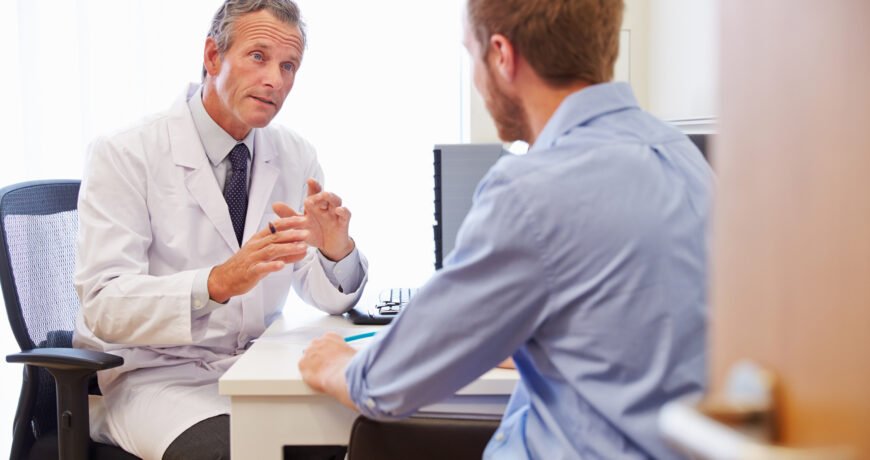[ad_1]

Are you wondering when to see a cardiologist? It’s one of the best things to do for yourself and your loved ones. If you feel like you’re having weird symptoms with your heart, then getting a checkup may be a priority.
Often, medical care is more preventative than therapeutic. Preventing heart disease is much better than overcoming it, after all. See below for a guide on when you should see a cardiologist.
Explore these symptoms, take note of these statistics, and learn how to be proactive about your health.
You Experienced Chest Pain
If you are experiencing chest pain, you should see a cardiologist as soon as possible. Chest pain can have many causes and can be a symptom of serious cardiac issues such as heart attacks or angina.
Therefore, it is important to get medical attention right away to rule out a cardiac emergency. When seeing a cardiologist, they will generally ask about your symptoms and may order a range of tests depending on the duration of your chest pain, the severity, and any other health issues that could be related.
You Have High Blood Pressure
If you have high blood pressure, it is important to keep an eye on your health. A cardiologist can help you determine if your high blood pressure is due to an underlying condition and can provide advice on lifestyle changes and medications to control it.
High blood pressure is often caused by factors such as obesity, smoking, stress, and a lack of exercise. If you have high blood pressure, it is important to make lifestyle changes such as increasing physical activity and reducing stress.
Shortness of Breath, Palpitations, or Dizziness
If you have recently been experiencing shortness of breath, palpitations, or dizziness, it is important to see a cardiologist right away. Shortness of breath is one of the most common signs of heart issues and can be a symptom of something serious.
Palpitations, or an irregular heartbeat, can be caused by an underlying heart condition and should be treated immediately in order to avoid further complications. Dizziness can also be a sign of heart disease, as well as other issues such as low blood pressure or anemia.
In this case, to rule out any of these possible problems, check out the cardiology services linked here to connect with your primary care physician and provide comprehensive cardiovascular care and education for you and your family.
You Have Diabetes
If you have diabetes, it’s important to stay on top of the health of your heart and make sure you’re visiting your doctor regularly. In addition to your regular doctor, you may want to consider seeing a cardiologist.
A cardiologist specializes in heart health and can help you manage the impact that diabetes can have on the cardiovascular system. Visiting a cardiologist should be done regularly, as heart problems can arise in people with diabetes that may not be picked up by a general practitioner. This can include symptoms such as chest pain, arrhythmias, or edema.
Know When to See a Cardiologist
Overall, when to see a cardiologist is important for anyone with heart issues or symptoms. It is especially important to seek care if you have a family history of heart disease or have experienced any of the signs and symptoms discussed.
Don’t wait to seek professional help. Your heart’s health depends on it. If you think you may need to see a cardiologist, make an appointment today to get checked out.
Visit our main blog for more.
![]()
![]()
![]()
![]()
[ad_2]
Source link
